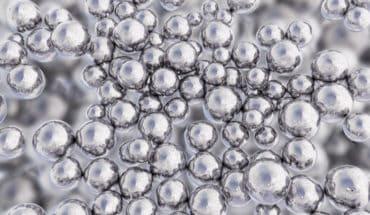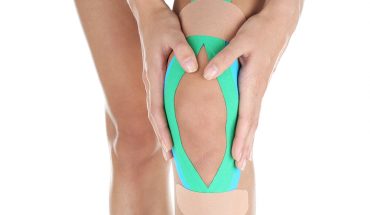‘Virtual clinician and coach’ to help young people with chronic pain.
Curtin researchers will develop a system that uses artificial intelligence to provide fast and personalised care for young people living with chronic musculoskeletal pain, as part of a new Curtin-led project that
has been supported by the Federal Government.
Chief Investigator Professor Helen Slater, from the Curtin School of Allied Health, said the aim was to support young Australians aged 16-21 years with chronic musculoskeletal pain to take their health into
their own hands and improve their health and wellbeing.
“Despite the significant burden of chronic musculoskeletal pain in young Australians, an enduring service gap remains,” Professor Slater said.
“While primary care services are available to young people with chronic conditions, age-appropriate, accessible, affordable and effective resources to support high-value musculoskeletal pain care across
Australia are lacking.”
Professor Slater said an interdisciplinary team of researchers from Curtin, Flinders University and the Department of Health WA in collaboration with international researchers from New Zealand, Canada and
USA would develop, implement and evaluate myPATH.
“MyPATH will function as a ‘virtual clinician and coach’ care model to provide personalised pain care directly to young people,” Professor Slater said.
“This dynamic, interactive system will rapidly learn from young people what pain care they need, when they need it and what works best for them, helping them to understand and better manage their individual
care needs by supporting them and prompting healthy habits.”
The Medical Research Future Fund provides grants to support health and medical research and innovation, with the objective of improving the health and wellbeing of Australians.
For more information about the Medical Research Future Fund, visit here.
- Gut microbiome could delay onset of type 1 diabetes - 3rd April 2025
- The da Vinci 5 Robot Is Set To Transform Bariatric Care: - 31st March 2025
- Beyond money: the hidden drivers fuelling child food insecurity - 31st March 2025






